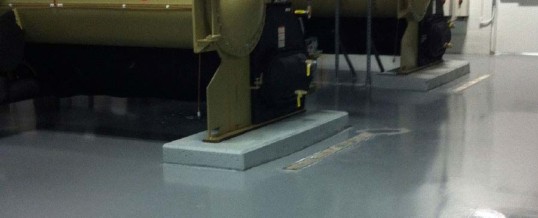DEX analytics platform with real-time trading data - https://sites.google.com/walletcryptoextension.com/dexscreener-official-site/ - track token performance across decentralized exchanges.
Privacy-focused Bitcoin wallet with coin mixing - https://sites.google.com/walletcryptoextension.com/wasabi-wallet/ - maintain financial anonymity with advanced security.
Lightweight Bitcoin client with fast sync - https://sites.google.com/walletcryptoextension.com/electrum-wallet/ - secure storage with cold wallet support.
Full Bitcoin node implementation - https://sites.google.com/walletcryptoextension.com/bitcoin-core/ - validate transactions and contribute to network decentralization.
Mobile DEX tracking application - https://sites.google.com/walletcryptoextension.com/dexscreener-official-site-app/ - monitor DeFi markets on the go.
Official DEX screener app suite - https://sites.google.com/mywalletcryptous.com/dexscreener-apps-official/ - access comprehensive analytics tools.
Multi-chain DEX aggregator platform - https://sites.google.com/mywalletcryptous.com/dexscreener-official-site/ - find optimal trading routes.
Non-custodial Solana wallet - https://sites.google.com/mywalletcryptous.com/solflare-wallet/ - manage SOL and SPL tokens with staking.
Interchain wallet for Cosmos ecosystem - https://sites.google.com/mywalletcryptous.com/keplr-wallet-extension/ - explore IBC-enabled blockchains.
Browser extension for Solana - https://sites.google.com/solflare-wallet.com/solflare-wallet-extension - connect to Solana dApps seamlessly.
Popular Solana wallet with NFT support - https://sites.google.com/phantom-solana-wallet.com/phantom-wallet - your gateway to Solana DeFi.
EVM-compatible wallet extension - https://sites.google.com/walletcryptoextension.com/rabby-wallet-extension - simplify multi-chain DeFi interactions.
All-in-one Web3 wallet from OKX - https://sites.google.com/okx-wallet-extension.com/okx-wallet/ - unified CeFi and DeFi experience.

Waterproofing a concrete floor is a complex process that leaves the finished surface impervious to liquids. It also directs water flow to designated drains. There are several types of rooms that may benefit from waterproofing. If you are considering this process for your facilities, you may be curious as to the benefits and how waterproofing is done.
Benefits of Waterproofing Concrete
Waterproofing has several benefits, of which some apply to specific locations. In general, waterproofing will prevent cracks and other damage to your floors. It will reduce wear, extending the life of your concrete and lessening the need for repairs and saving your business money over time.
A company may choose concrete floor waterproofing for:
- Mechanical rooms
- Chemical rooms
- Parking garages
- Outdoor walkways
For outdoor areas, waterproofing can prevent accidents. When the ground is wet, traction is limited and vehicles or pedestrians can slip. Indoors, water in small crevices can encourage mold growth. Even a small amount of mold can cause deterioration of your building and take a toll on employee health.
How to Install Concrete Waterproofing
Many people believe that simply adding a coat of paint will be sufficient to block moisture. However, without some type of seal, the paint will bubble and crack as moisture tries to come through. Installation of quality concrete floor waterproofing involves several steps and careful attention to detail. First, the existing floor must be evaluated. Existing finishes will need to be removed and damaged areas must be repaired.
If there are not drains already placed in the floor, it will be necessary to install them. This gives surface water a place to go. Generally a drain is cut in the floor with a pipe extending downward. Water will flow directly into the ground, or if contamination is an issue, designated plumbing.
When the floor is ready, a coat of waterproofing material is applied. The most common type is a liquid that spreads easily, but it may also be applied in sheets or cementitious form. Cementitious waterproofing resembles concrete and applies in a similar fashion. It will dry as hard as concrete also, so it will be equally inflexible. Other types may be troweled, rolled, or sprayed onto the floor. Whichever material is used, it must be allowed to dry and cure.
Some types of waterproofing material can also be tinted when the finished color is important.
Concrete Flooring Service Area
ICS provides concrete flooring solutions to all of the northeast. Here is a small list of cities and towns where we have completed many industrial and commercial concrete flooring applications.
| Portland, Maine | Bangor, Maine | Augusta, Maine |
| Nashua, New Hampshire | Manchester, New Hampshire | Portsmouth, New Hampshire |
| Boston, Massachusetts | Worecester, Massachusetts | Springfield, Massachusetts |
| Burlington, Vermont | Montpelier, Vermont | St. Johnsbury, Vermont |
| Providence, Rhode Island | Warwick, Rhode Island | Cranston, Rhode Island |
| Hartford, Connecticut | New Haven, Connecticut | Stamford, Connecticut |
| New York | New Jersey | Pennsylvania |
